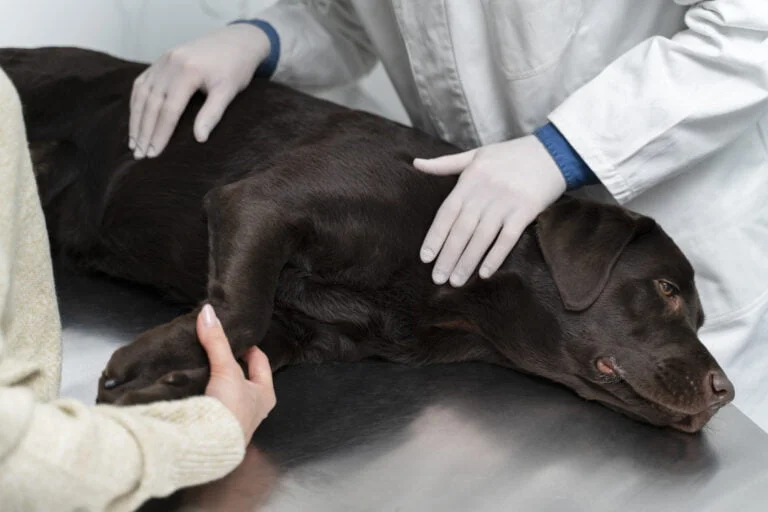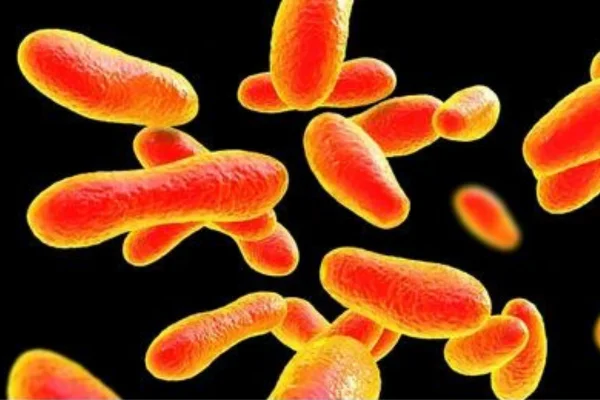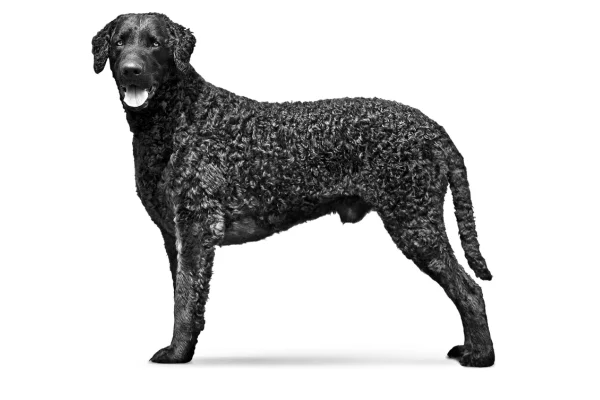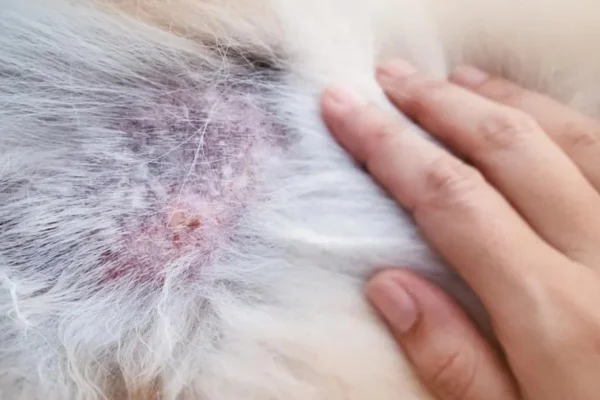Leptospirosis: A Warning for Dog Owners - Learn How to Prevent It
Leptospirosis is an infectious disease caused by bacteria of the genus Leptospira. This serious illness not only affects our beloved dogs, but can also be transmitted to humans.
As responsible guardians, it is our duty to fully understand the risks associated with this disease and take preventative measures to protect our pets and, consequently, ourselves.
In this article, we'll go into detail about what leptospirosis is, how it's transmitted, what the symptoms are and, most importantly, how we can prevent it to ensure the health and well-being of our beloved canine companions.
Contents
What is Leptospirosis?
Leptospirosis is an infectious disease caused by bacteria of the genus Leptospira. These bacteria are found in moist environments, such as stagnant fresh water, mud and soil contaminated by the urine of infected animals.
Dogs can contract leptospirosis when they come into contact with these sources of infection, either by drinking contaminated water or through skin wounds.
Symptoms of Leptospirosis in Dogs
The symptoms of leptospirosis in dogs can vary from mild to severe and can resemble other health conditions. The most common signs include:
- Fever: Fever is a common symptom of several diseases, including leptospirosis. If your dog has a persistent fever, it is essential to seek veterinary attention immediately.
- Lethargy and lack of appetite: Dogs infected with leptospirosis may be lethargic and lose interest in eating or drinking.
- Vomiting and diarrhea: The disease can also cause gastrointestinal problems such as vomiting and diarrhea.
- Renal and hepatic difficulties: In the most serious cases, leptospirosis can lead to kidney and liver damage, which can be fatal if not treated in time.
Diagnosis and treatment
Early diagnosis of leptospirosis is crucial for successful treatment. If you suspect your dog may be infected, take him to the vet immediately.
The diagnosis is usually made through blood and urine tests, which can detect the presence of the bacteria or antibodies against it.
The treatment of leptospirosis involves the use of antibiotics to eliminate the bacteria from the animal's body.
In more severe cases, hospitalization may be necessary for supportive treatment and symptom control.
Leptospirosis prevention
Prevention is the best way to protect your dog against leptospirosis. Here are some essential measures you can take:
- Vaccination: Vaccinating your dog against leptospirosis is one of the most effective forms of prevention. Check with your vet to make sure your dog's vaccinations are up to date and, if necessary, update them according to the vet's instructions.
- Avoid risky environments: Try to prevent your dog from coming into contact with standing water, mud or contaminated soil. Keep him away from areas where other animals may have urinated.
- Proper hygiene: Wash your hands thoroughly after handling your pet, especially if they are sick or have been in suspicious environments.
- Environmental cleanliness: Keep the area where your dog lives clean and free of urine and feces from other animals. Proper sanitation is essential to prevent the spread of the disease.
Conclusion
Leptospirosis is a serious disease that can significantly affect the health of our dogs.
However, with proper awareness and the adoption of preventive measures, we can protect our four-legged friends from this dangerous infection.
Always remember to keep vaccinations up to date, avoid risky environments and adopt proper hygiene practices to ensure your dog's health and happiness.
Don't forget to contact your trusted vet.
Take care of your faithful companion, and you'll both enjoy a long and happy life together!
Thank you for taking the time to view our other work.
https://vettopbr.com/tosse-em-caes/








